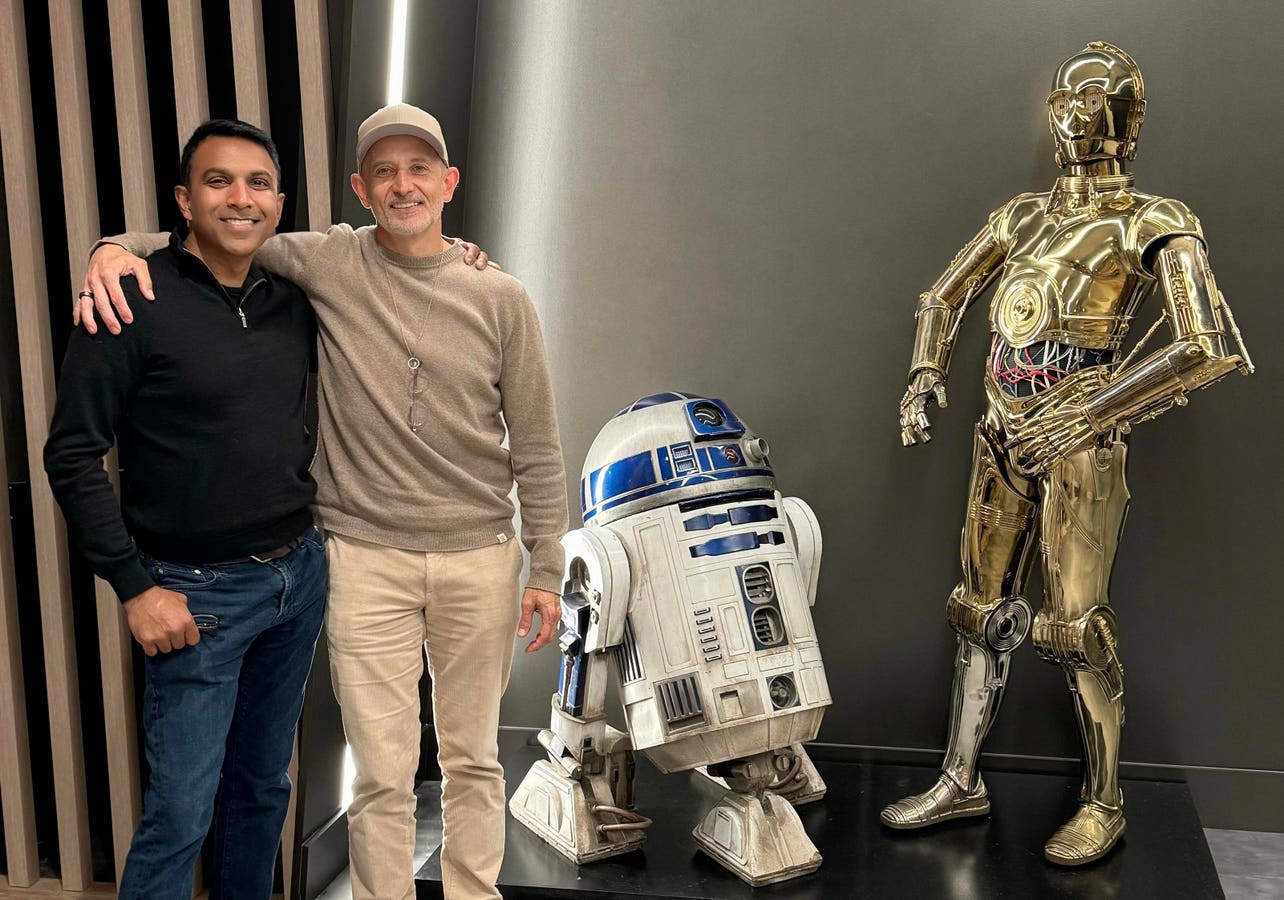Roles, often characterized by repetitive data processing and structured communication, are the first … More
The drumbeat of automation has long been a feature of the fintech landscape. Yet, the crescendo has reached a fever pitch with the arrival of Generative AI. Far beyond the robotic process automation of the past, Gen AI platforms can now reason, create and analyze with a sophistication that rivals human capability. This isn’t just another tech upgrade; it’s a fundamental workforce reckoning. As a July 2025 report from the Brookings Institution aptly states, AI is actively “rewriting work in finance,” creating a new paradigm of hybrid roles where human and machine collaborate.
While no corner of the industry will remain untouched, certain positions are squarely in the path of this disruption. These roles, often characterized by repetitive data processing and structured communication, are the first to be profoundly reshaped or replaced by Generative AI.
1. The Entry-Level Financial Analyst
For decades, the path to a Wall Street or fintech career began in the analyst bullpen, a rite of passage that involved countless hours building models and summarizing reports. Gen AI is automating this entire process. An AI model can now ingest terabytes of data, generate a discounted cash flow (DCF) model, and draft an initial investment memo before a human even logs on. This evolution reflects what the Brookings Institution calls a shift toward “hybrid jobs,” where human expertise is used to direct and verify AI-driven analysis rather than perform it manually. The future analyst’s role will be to query the AI, validate its outputs and add a layer of strategic insight: a shift from data-gatherer to AI-interrogator.
2. The Customer Service Representative
The call center has long been a target for automation, but today’s AI-powered agents are a world away from the clumsy chatbots of the past. They can understand conversational nuance, provide personalized responses and operate 24/7 at a fraction of the cost. This trend is already in motion. As noted in the Brookings report, the Swedish fintech Klarna now has the vast majority of its workforce using Gen AI daily, fundamentally changing roles like customer support. The remaining human agents will become escalation specialists, handling only the most sensitive cases that require genuine empathy, a skill AI has yet to master.
3. The Compliance Analyst
The financial industry is bound by a labyrinth of regulations like Anti-Money Laundering (AML) and Know Your Customer (KYC). Generative AI excels at the large-scale pattern detection required for compliance, monitoring millions of transactions in real time to flag suspicious activity with far greater accuracy. This moves the human from a data-sifter to an AI auditor, a transition underscored by the Brookings analysis, which emphasizes the growing importance of human oversight in AI-augmented risk management systems. The human professional’s job will evolve into designing, training and auditing these AI systems.
4. The Data Entry Clerk
Perhaps the most immediately vulnerable role is the data entry clerk. In fintech, this job involves manually inputting information from invoices, loan applications, and customer onboarding forms into digital systems. Advanced AI, equipped with sophisticated optical character recognition (OCR), can now extract and input this data with near-perfect accuracy in real time. A process that once took a team of clerks hours can be completed in minutes. There is little evolution for this role; it is a clear case of technological replacement, freeing up human capital for tasks that require critical thinking.
5. The Content Marketer
Fintechs rely on a steady stream of content to engage clients. Generative AI can now produce high-quality, SEO-optimized articles, social media copy and market updates on demand. While it may lack a truly unique voice, it can handle the bulk of routine content creation. This pushes human marketers up the value chain, forcing them to become strategists who manage AI as a tool, a prime example of the workforce transformation detailed by Brookings. Their future lies not in writing every word, but in crafting the creative campaigns and brand voice that the AI will then amplify.
The message for the fintech workforce is clear, and it’s a conclusion echoed in the July 2025 Brookings Institution report: The age of the “hybrid worker” is here. The roles being reshaped are not just a sign of jobs lost, but a signal of a massive shift in the skills required. The survivors, and indeed the future leaders, will be those who learn to collaborate with their new AI colleagues, leveraging technology to amplify their own uniquely human capacity for strategy, creativity and judgment.
For more like this on Forbes, check out Selling Financial Services Online? Forget SEO, Introducing GEO or What Is Agentic AI And What Will It Mean For Financial Services?.
Follow Holloman to be first to learn about the future finance and technology









